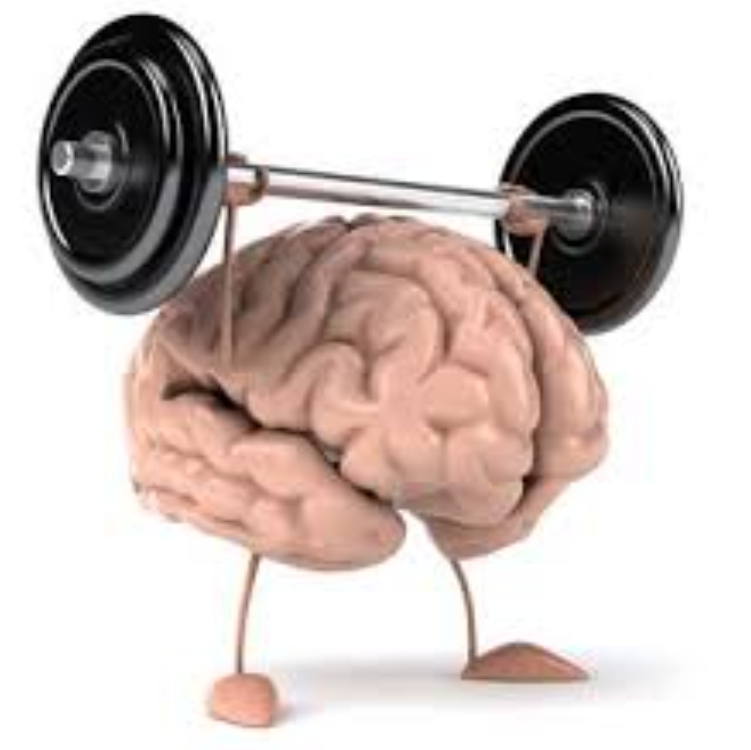Why Should I Read?
Learning The Rewards Of Reading
What have you been reading lately?
When was the last time you read a book?
Are you a "wide reader"?
In a gathering, you can tell who the "wide readers" are. Wide readers
think and speak well. They win the admiration, respect, and good opinion of
others.
Reading expands the mind. In fact, many people consider it as one of
the satisfying pleasures of humans, because it involves physical as well as mental
activities.
Reading is primarily a mental activity. After
all, you read with your mind and use your imagination to paint the setting of
the detective thriller you are reading. You use you mind to imagine the pain
that the main character experiences as the story unfolds. You bring into play
the different arguments and ideas brought up by the author in that self-help
book you are holding.
Reading helps you develop a wide vocabulary. The more you read the more background information you gather. A skillful reader has a wide recognition
vocabulary. He may not know exactly what every word means, but he will have a
good general idea of the meaning of the sentence.
Reading makes you alert and curious about new
words. Other readers develop the word collection habit. Every time they come
across a strange word, they try to figure out what it can possibly mean by the
context. If they cannot do this, they search for the word's meaning to feed their mind.
Likewise, reading develops intellectual curiosity by exposing you
to a variety of materials and extensive information. You learn to read by reading books of increasing
difficulty and variety. As in other activities like physical sport, music, and computer games, you learn by DOING.
Reading trains you to have an active and open
mind. Merely grasping the writer’s idea is not enough. You must make a
positive response to what you read. Be an Active Reader.
Develop the habit of drawing your own conclusions, the habit of active
thinking, of agreeing or disagreeing with the author. Keep your mind open;
understand and weigh the ideas that you read. A practical part of active
reading is the drawing of conclusions.
Allow me to share four basic rules for effective reading and better
comprehension:
1)
Try to read more and more. Remember the saying
that practice makes perfect. Practicing in the correct way makes perfect.
2)
Develop the habit of reading for main ideas. Look
for the subject and predicate. Do not waste time on details or little words.
3)
Learn to read with focus and concentration. Think
of what you are reading. Do not let your attention wander somewhere else. Good
readers read with understanding.
4)
Learn to budget your time. Experiment with your
reading time. Try purposely to read faster. Give yourself a time limit on
specific material that you read.
Reading is a stimulating mental activity. It expands your reality and
capability. You have so much to gain in discovering the joys of reading. Go
ahead; grab a book right now!






